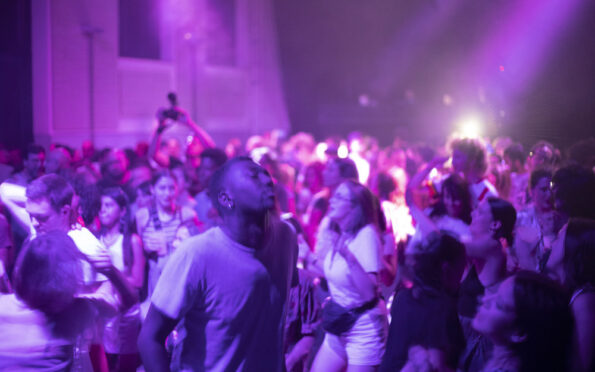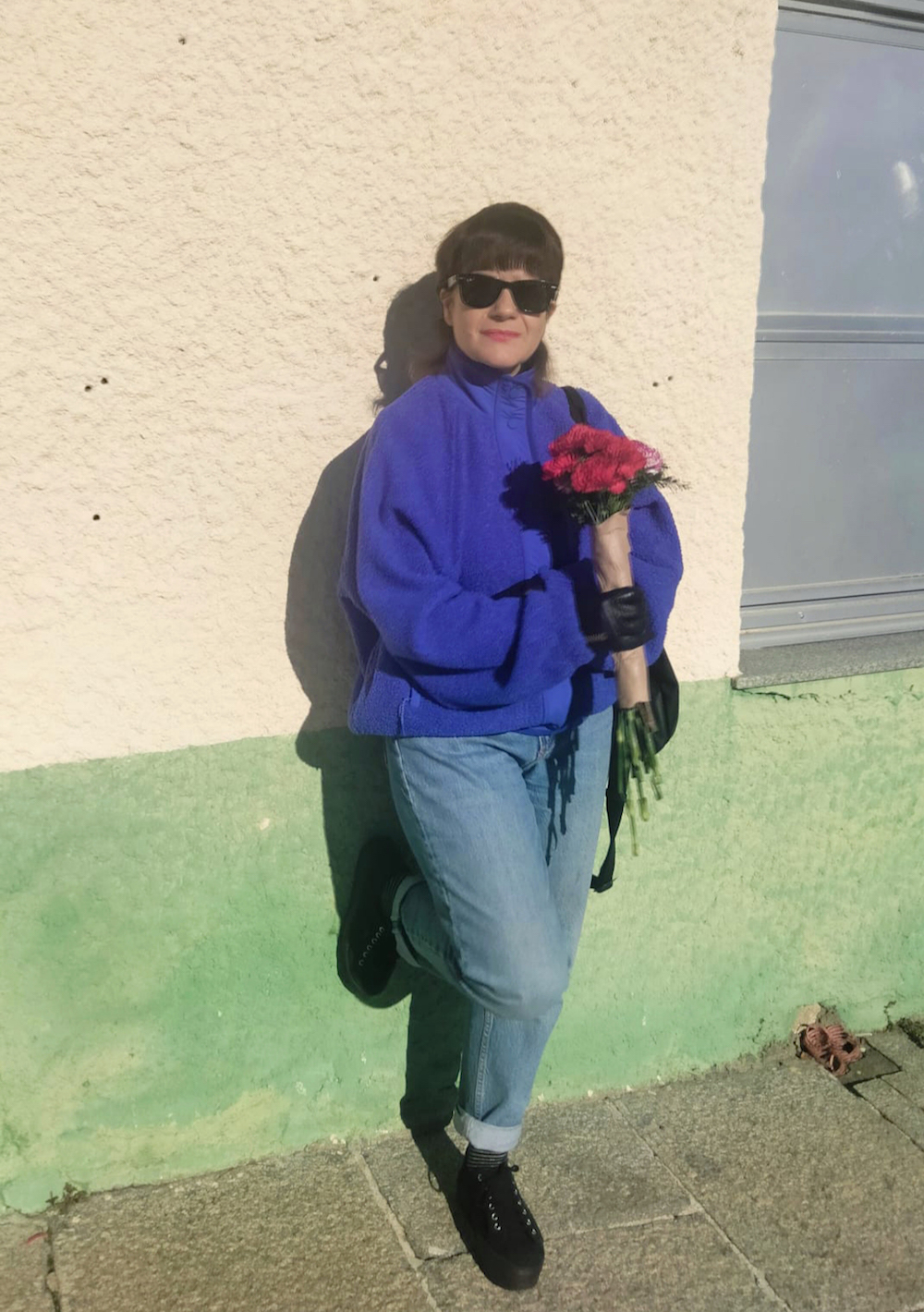Search
To search for an exact match, type the word or phrase you want in quotation marks.
A*DESK has been offering since 2002 contents about criticism and contemporary art. A*DESK has become consolidated thanks to all those who have believed in the project, all those who have followed us, debating, participating and collaborating. Many people have collaborated with A*DESK, and continue to do so. Their efforts, knowledge and belief in the project are what make it grow internationally. At A*DESK we have also generated work for over one hundred professionals in culture, from small collaborations with reviews and classes, to more prolonged and intense collaborations.
At A*DESK we believe in the need for free and universal access to culture and knowledge. We want to carry on being independent, remaining open to more ideas and opinions. If you believe in A*DESK, we need your backing to be able to continue. You can now participate in the project by supporting it. You can choose how much you want to contribute to the project.
You can decide how much you want to bring to the project.

The night of October 20, 2017, changed my life as a curator. It made me understand the value of what we “do” and the responsibility of carrying it out in a cultural institution. I am a shy person. My place at events is not at all to greet people at the entrance door with a drink in hand, giving out kisses and hugs. Nor is it in the front row, as I tend to stay behind, in the background, crossing my fingers, nervous about everything turning out well. When people read this, some of them will think that I am dull, but I am changing and the transformation towards enjoyment has a lot to do with that day, October 20, 2017, and that night in a Casa Encendida, full of the most diverse and beautiful people from Madrid. They had put three racialized women on a stage making electronic music, it was the first time in Madrid for the three of them and they produced the sounds of the African diaspora in its confluences with club culture. Writing this text makes me reflect on the possibility of change in cultural programming, achieving that hitherto difficult balance between what has to be seen and what must be shown and heard, without catering to the elites or commercial consumption. It is about finding a place to share work that otherwise would not find a place and adding feminism without subtracting one iota from the playful and aesthetic side. That seemingly impossible binomial, to think-dance, happened, and most importantly, it has continued to happen. Nídia, Nkisi and Deena Abdelwahed were the first to decolonize the She Makes Noise festival. Rhythms such as kuduro, tarraxo, batida, and kizomba, or ideas such as Afrofuturist sounds, became common. All of this happened with the support of the institution and in a context that makes the common experience of electronic music a safe space for everyone. A few months ago, friends of El Palomar from this same platform demanded a non-binary future, and they also criticized the misuse of pronouns by managers, and I agree with the teaching of inclusive language. This necessary break with the entire patriarchal system is another responsibility that those of us who work in culture have and must have. Fluid people have brought about a revolution in electronic culture, they have been able to channel their artistic practice with total freedom and to relate it to other disciplines such as performance. The famous phrase attributed to the performing arts of “to put the body into it” leads to a repositioning of the bodies of the artists and the public participating in these events. Sweating bodies, bodies that dance, bodies that listen, political bodies. In the 21st century, the revolution is underway. I invite you to a trans journey with Mackenzie Wark and RAVING where she shares her nocturnal experiences as an attitude and way of life within a genderless electronic historiography, a tour of She Makes Noise on its 10th anniversary to celebrate together, and a conversation with Perla Zúñiga.
Thank you for your close reading.
[Feature Image: She Makes Noise Fesrtival. Photo @LaCasaEncendida ©SaraNavarro]

Natalia Piñuel Martín is an art historian, cultural researcher and curator. Co-founder of the Playtime Audiovisuales platform based in Madrid since 2007 from where they develop projects for museums and cultural spaces such as MUSAC (León), DA2 (Salamanca), Espacio Fundación Telefónica and Museo Centro de Arte 2 de Mayo (Madrid), AECID or the Cervantes Institute. She has been programming music & activities for the She Makes Noise Festival at La Casa Encendida since 2015. She writes regularly in the media and gives classes and talks on contemporary artistic practices and gender issues. She has curated exhibitions for the MEIAC (Badajoz) and audiovisual and performance cycles for the Women’s Institute and the Her Festival. She currently directs and hosts the Derivas podcast. She is in her second year as a doctoral student at USAL. Photo: Enrique Piñuel.
"A desk is a dangerous place from which to watch the world" (John Le Carré)